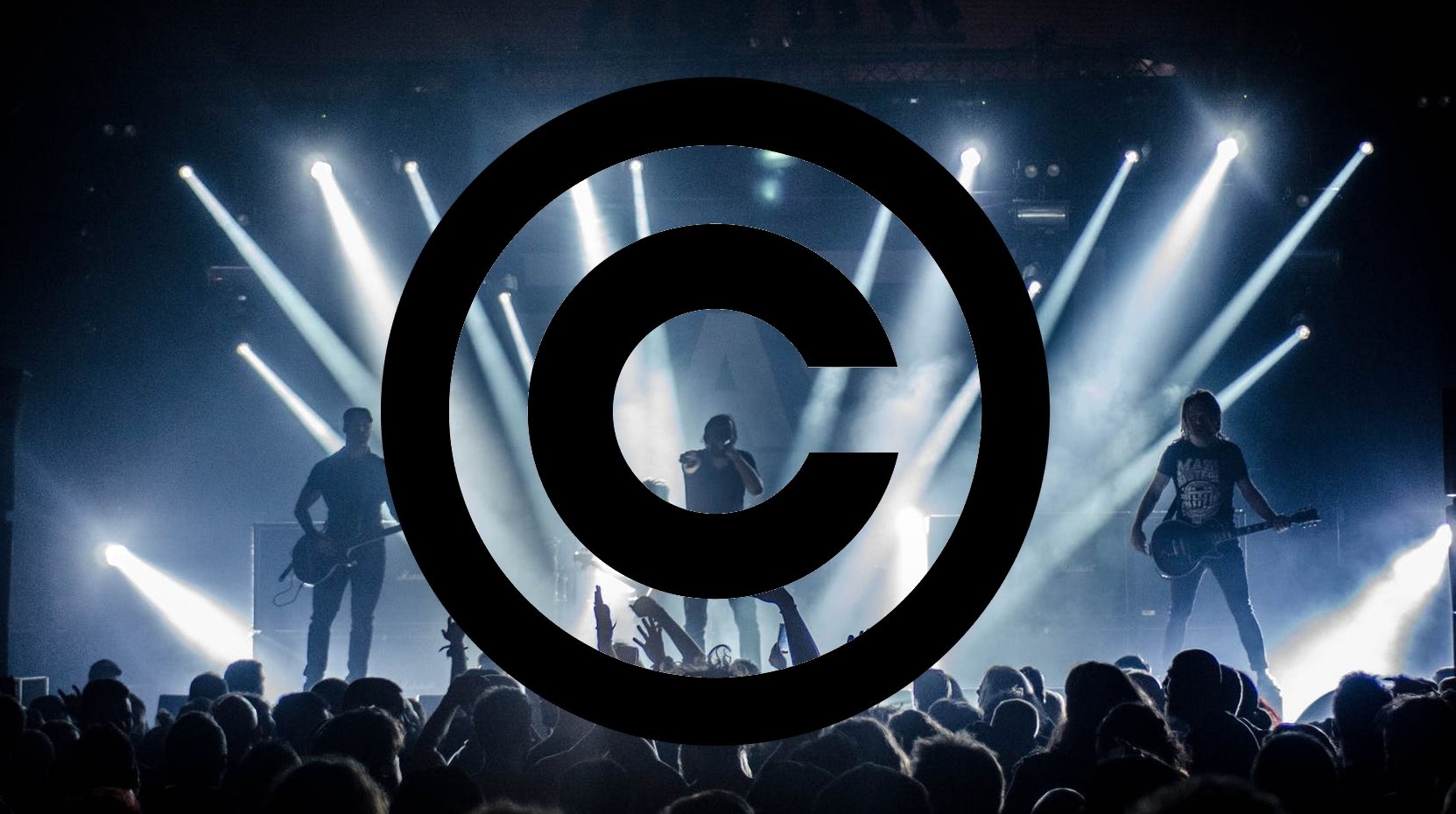How to copyright your music
Copyright provides protection of ownership over your music and ensures if it’s stolen that you have the rights to defend your property. It’s important to understand copyright and how you can protect yours.
Copyright gives you a legal basis to protect your music and ensures that you get paid for your music. Each country covers music copyrights differently but it is there to protect musicians and songwriters and ensure that you can control your song or recording and what is done with it.
There are two types of music copyright you need to know about:
- The copyright for the composition of your song.
- The copyright for your recording of that song.
Copyrights for compositions cover the song that you have written. For example if your song were covered then you would have the copyright to their composition, but the recording would be their own. Another example would be if someone made a new song using your composition – the same chord progression for example. Though this is a contested issue and has caused trouble for artists recently including Lana Del Rey who was accused of stealing Creep by Radiohead, who were accused of stealing Creep from The Hollies.
The copyright for the recording means the ownership over the actual recorded version of the song, and not the song itself. If someone were to release a recording of your song without your permission they would be breaching your recording copyright, also known as the master recording.
So how do you copyright your music?
In the US and Canada it’s pretty straightforward. As soon as you have “fixed” your composition by writing it down or recording it then you immediately have copyright over it. Of course as a legal basis this can be tenuous but technically you have copyright the minute you have physical evidence of your creating it.
You can apply for official copyright registration to have a fully written contract proving your ownership. This is especially useful if other people wish to use your recording or composition in some way. For maximum protection you need to register your work with the correct government office in your country.
Normally, your music copyright will cover:
- The right to make copies/reproductions
- The right to sell your work
- The right to adapt your work
- The right to license your work
- The right to perform, broadcast or transmit your work
To make sure you’re getting paid for your music there are a few things you can do. We at RouteNote can distribute your music for free to all of the top streaming services and download stores around the world so you get paid for people listening to your music in all corners of the globe.
There are also collection agencies who will collect money for public uses of your music. Performing Rights organisations include BMI, ASCAP, SOCAN, GEMA, SACEM and PRS.
